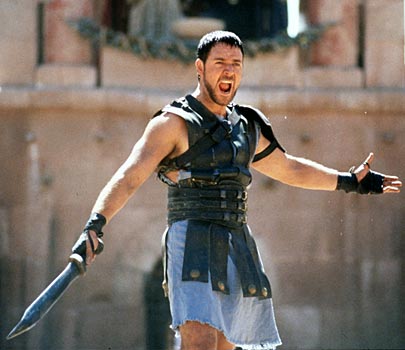We live in the culture of instant gratification. When we want something, we want it immediately. This has resulted in a significant lowering of our frustration tolerance level. Often the young people I meet get angry with themselves if they don’t improve right away and when they make mistakes, they feel incapable because they haven’t learned yet.
In our culture we place too much importance on the outcome and much less on the path to get there. We should learn to stop this race to the result. Instead, let us learn to love the journey in which we are immersed. Athletes often act as if an elementary school child wants to write a paper like a high school kid. It’s a nice dream, but let’s not mistake it for reality.
The same goes for people my age, over60, who think they train as if they were 30 or 40 years old. After a series of physical problems that prevented me from training for three years, and after resuming for about six months, I realized the need to reset my thinking and start again with a mindset appropriate to the years I am living and find pleasure in this project. So, it is not just a matter of following a proper training program for a person over60 who has been stationary for three years, but of adapting the mindset to this real condition and gaining satisfaction from the flow of the days engaged in this physical, athletic and mental training. Never think “I used to do it this way, why can’t I do it?” That would be the road to failure. The positive and optimistic idea is exactly the opposite: “I am doing what I enjoy and what makes me feel good.” This mental approach combined with practice results in improvement over time and allows me to meet the goals I set out to achieve.
In this way, I focus on the daily practice and listen to myself to prepare for what I have decided to do. The pleasure is in feeling the changes that take place, mental and physical, that occur as a result of training. In fact, gradually not only the body but also the mind is shaped by the type of activity to be done. For example, in the beginning running was very tiring, you go slow and feel heavy, so I picked up like any beginner by alternating running and walking for 5/6 km. On the other hand, I did not rely on memories of me being a marathon runner, having run more than 50, or of someone who had run the 100 km Passatore. This second approach would lead me to injury and convince me that running was no longer suitable for me. With this mental approach and a proper variety of workouts in a few months I came to run 40k a week in three sessions. So, one rule over all I learned: train with an intensity that allows you to train the next day as well. Currently I train 5 days a week, once only physical training, once cycling and three running. Always 30 minutes of free body before each workout. I enjoy it. Where I will get to doesn’t matter to me; I like to find out week by week.





